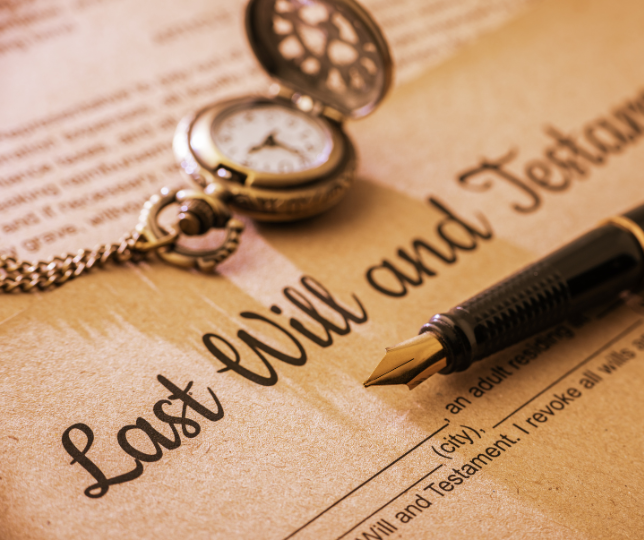How many beneficiaries can there be in a Will?
When creating a Will, you will need to name Executors and beneficiaries, but how many beneficiaries can you have? In this article, we will explain the difference between both, how many you can have, and some caveats for whom you should name in your Will.
Difference between Executor and beneficiaries
Both the Executor and the beneficiaries are named in the Will by the Testator, but what is the difference between them?
- Executor – named by the Testator to handle all affairs after their passing, including settling liabilities and distributing assets as per their wishes outlined in the Will. Ideally, there would be at least two Executors named; however, up to four people can be named.
- Beneficiaries – named (individual/s or entities like a charity) by the Testator to receive assets or benefits from their estate.
Executors will need to establish how much money, property, assets, investments, etc., the Testator had and divide the assets or their value based on their wishes set out in the Will. In contrast, a beneficiary is entitled to receive from the estate and only has an interest in receiving what is due to them. They have no duties.
Can an Executor be a beneficiary? Read in this article here.
How many beneficiaries can you have?
When writing a Will, it is important to know who you want to benefit from your estate, and how many individuals or entities will. The number is unlimited. If you wanted to, you could divide your estate down to each trinket and assign a beneficiary to each. This is not advised, as it can create a logistical nightmare for you whilst you are creating the Will, but also, after passing, if the items named can’t be located, it could create disputes.
Things to keep in mind when naming beneficiaries
Anyone can be a beneficiary in a Will, but please note:
- Beneficiaries (and their spouse or civil partner) cannot be witnesses to a Will.
- If you want someone to be your Executor and a beneficiary, you shouldn't have them as a witness.
If you are creating a Will, we would recommend speaking to a legal professional or Will Writer, especially if you are including minors or vulnerable people in your Will. There are many Trust options to maximise estate planning and to protect these individuals, but these need to be written into a Will properly.

